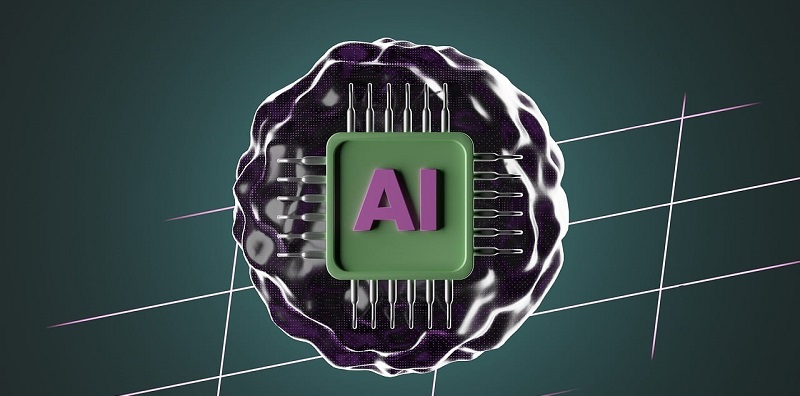In their recent earnings calls, technology giants Google and Microsoft highlighted their commitment to integrating artificial intelligence (AI) into their products and services. Both companies are leveraging AI technologies to enhance user experiences and drive innovation across various platforms. This article delves into the key highlights from the earnings calls, shedding light on their AI initiatives and the success they have achieved so far.
During the call, Google CEO Sundar Pichai introduced the Search Generative Experience (SGE), an opt-in feature that utilizes generative AI to enhance search results. By leveraging this cutting-edge technology, Google aims to provide users with more relevant and personalized search outcomes. The SGE feature allows users to delve deeper into topics of interest while discovering new information in an interactive and engaging manner.
Furthermore, Google has launched Bard, an experimental conversational AI chatbot. Bard introduces a dynamic element to conversations by responding intelligently and naturally to user queries. With this innovation, Google aims to create more human-like interactions, making conversations with AI feel seamless and effortless.
Another noteworthy announcement from Google’s earnings call was the advancements made in Google Lens capabilities. Google Lens now combines the power of AI and computer vision to offer users a more comprehensive and interactive search experience. By simply pointing their smartphone camera at objects, users can obtain detailed information or perform various actions, such as copying text from images or scanning QR codes.
Microsoft’s CEO Satya Nadella highlighted the company’s remarkable momentum with the Azure OpenAI service. Over 11,000 organizations have already integrated generative AI tools, including the popular ChatGPT, into their systems. This impressive adoption reflects the growing demand for AI-driven solutions and the trust that businesses place in Microsoft’s AI capabilities.
Microsoft’s partnership with OpenAI has also played a significant role in AI integration. The collaboration has resulted in the incorporation of ChatGPT into Microsoft’s Bing search engine and Edge web browser. With this integration, users can benefit from more conversational and tailored search experiences, further enhancing their engagement with these platforms.
Both Google and Microsoft have experienced tremendous success in their AI initiatives, as reflected in their stock performance. Google’s stock has risen over 37% year-to-date, underscoring the market’s confidence in its AI-driven approach. Similarly, Microsoft’s stock has soared by more than 46%, a testament to the strong demand for its AI solutions and services.
Furthermore, these technology giants have demonstrated their dedication to responsible AI development by endorsing voluntary guidelines in the industry. By collaborating with other leading tech firms, Google and Microsoft aim to ensure that AI technologies are deployed ethically and in a manner that prioritizes user privacy, fairness, and transparency.
Google’s and Microsoft’s have shed light on their ongoing commitment to integrating AI technologies into their products and services. Through initiatives like the Search Generative Experience, Bard, and Google Lens, Google is revolutionizing search experiences and interactions with AI-powered chatbots. Microsoft’s Azure OpenAI service, along with strategic partnerships, has empowered thousands of organizations to leverage generative AI tools for enhanced productivity and customer engagement. Both companies’ success is reflected in their impressive stock performance and the industry’s recognition of their AI-driven approach. Moving forward, Google and Microsoft will continue to drive innovation, improve user experiences, and shape the future of AI integration in the tech industry. With their unwavering focus on responsible AI development, these technology giants are setting a precedent for the ethical and impactful use of AI in the years to come.

